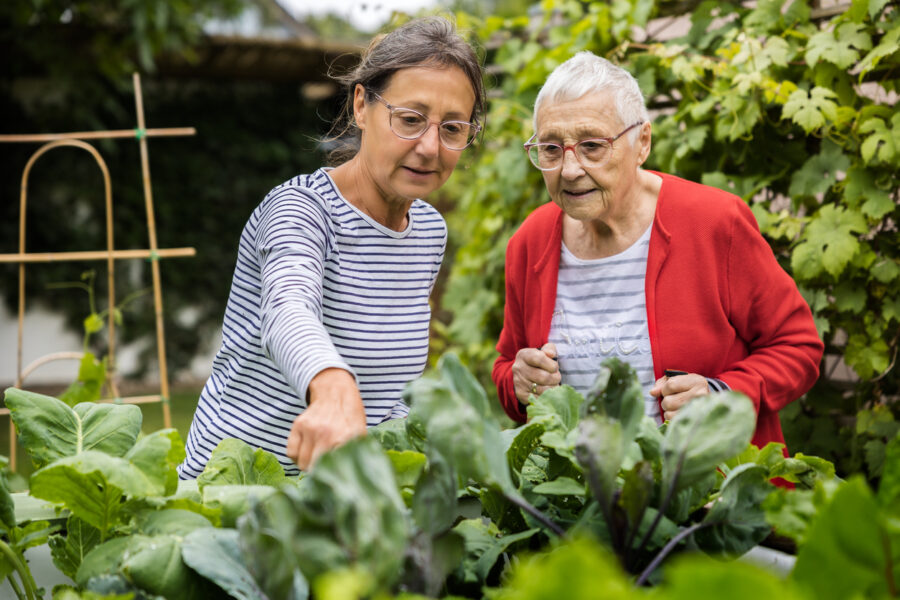Coping with Loss and Change

Almost all of us have suffered from some form of loss in the past—the death of loved ones, the loss of a job, or the realization that a dream would not be fulfilled. We experience these losses differently, but there is a way to process the loss that can lead to growth. Psychologist William Worden developed a model of grief that recognizes that we all grieve in our own way and yet identifies certain common tasks that allow any of us to grieve well. We have slightly modified it here, but retained the idea that these tasks do not have…
Learn to Live TeamJune 16, 2023






